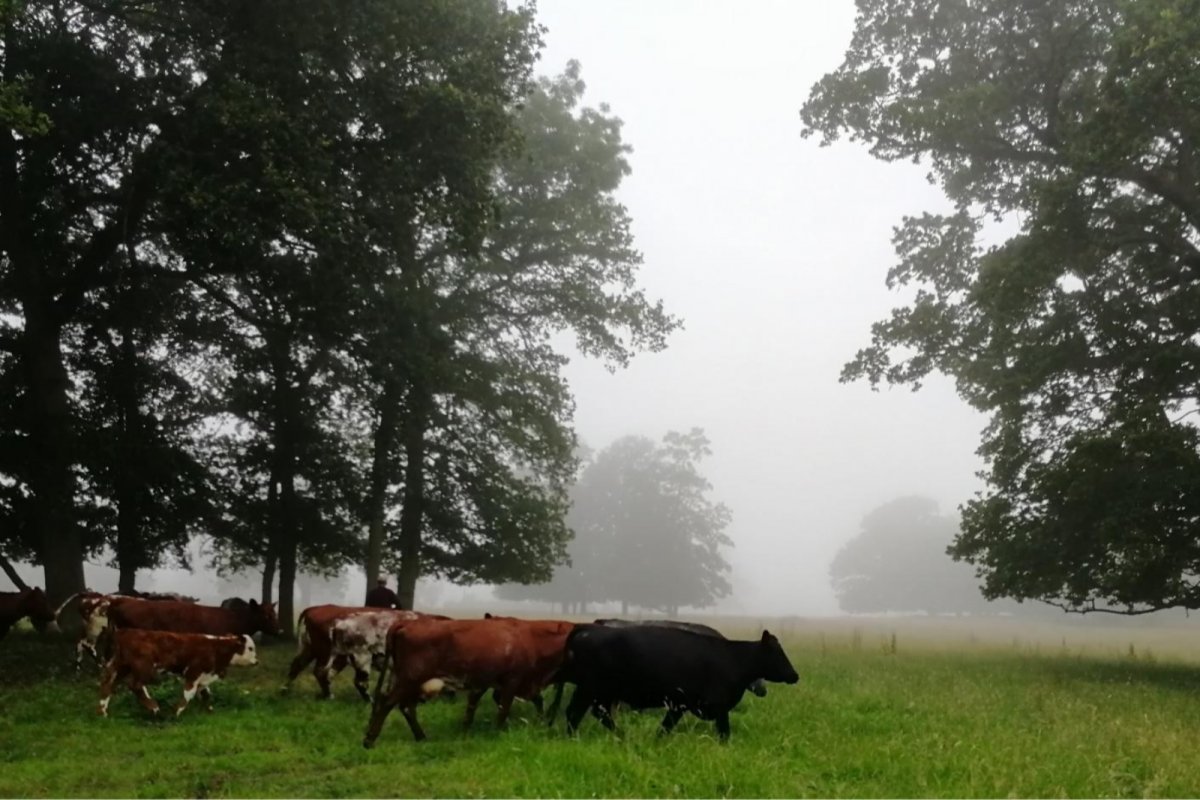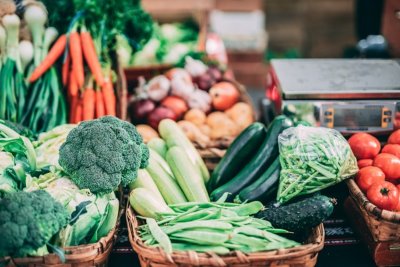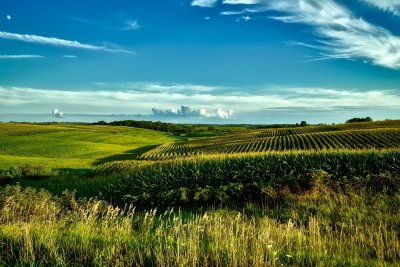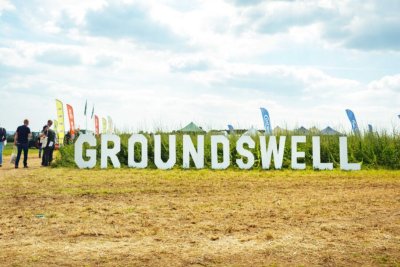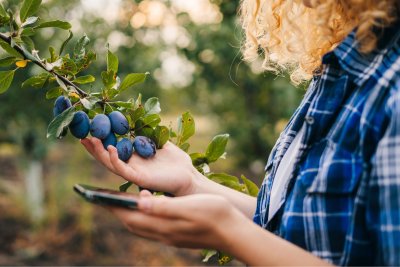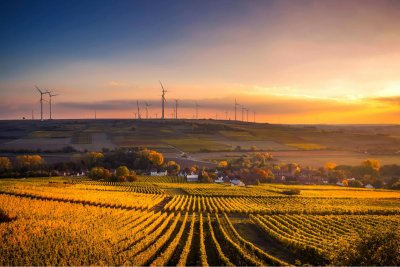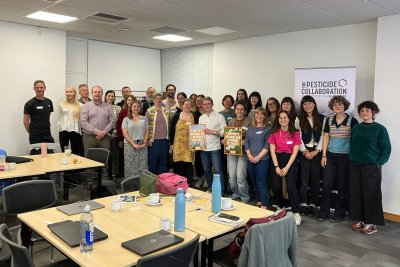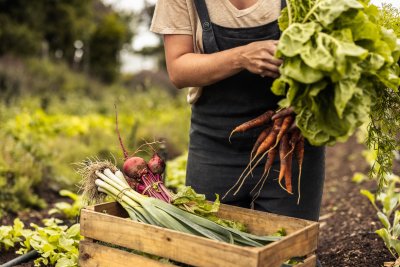In a later interview, Sir Rees-Mogg stood by his comments, asserting "The successful farmers in North-East Somerset can compete globally because they are producing effectively and cheaply, and economically. Protectionism hurts farmers and consumers; it puts prices up and encourages inefficiency".
A coalition of Somerset farmers have now hit back at Sir Rees-Mogg. In a letter to the MP they said:
"We have no desire to return to that style of farming. You prioritize cheapness, intensification and cost savings over any environmental or animal welfare standards. We want to farm in a way that cares for our animals, preserves our landscape and leaves our environment in a better state than we found it, for the benefit of generations to come. Farmers need support to embrace agri-environmental schemes, and improve animal welfare standards, but how can we do that if these standards are being undermined by cheap, hormone injected beef flooding the market?"
Hormone-injected beef was banned in the UK over thirty years ago due to concerns related to both animal welfare and public health. The practice is employed in some of the world's most intensive beef production systems, involving cattle kept in densely packed sheds and administered hormones to accelerate their growth. Furthermore, scientific studies have linked hormone-injected beef to potential cancer-causing properties.
Will White, Sustainable Farming Coordinator at Sustain said:
"Jacob Rees-Mogg MP's comments display a profound lack of understanding of the issues faced by the farmers he's meant to be championing. We need a food system which prioritises the environment, animal welfare, and fair profits for farmers. Further intensification won't deliver on any of these points. Hormone-injected beef belongs in the past and we need governments to back our farmers, not allow them to be undercut by poorly negotiated trade deals."
The letter was picked up by Farmers Weekly, and you can read their piece here
Read the full letter:
Dear Jacob Rees-Mogg MP,
We are a group of farmers from your constituency. We understand that you told the Conservative Party Conference that you were keen on cheap food and wanted to eat hormone treated beef from Australia. We think that it’s a shame you are extoling practices that the UK outlawed 30 years ago on health grounds. We believe strongly that you have failed to grasp the complexities of our industry and are undermining British farming values. Are you seriously suggesting that we return to using hormones in our beef production? If not, then how do you expect us to compete against cheap Australian beef and why are you promoting the interests of lower standard farming abroad?
We have no desire to return to that style of farming. You prioritize cheapness, intensification and cost savings over any environmental or animal welfare standards. We would ask you to consider the broader implications of such a stance. Intensive farming can drive poor outcomes for the environment and nature. We want to farm in a way that cares for our animals, preserves our landscape and leaves our environment in a better state than we found it, for the benefit of generations to come. Farmers need support to embrace agri-environmental schemes, and improve animal welfare standards, but how can we do that if these standards are being undermined by cheap, hormone injected beef flooding the market?
We take pride in our ability to produce high-quality, sustainable food for our nation. It's not about inefficiency or protectionism, as you have suggested, but rather about maintaining the integrity of our agricultural practices and ensuring food safety. We firmly believe that embracing sustainability, supporting local farmers, and maintaining our high standards should be at the forefront of our agricultural policies. This not only benefits us as farmers but also ensures that consumers have access to safe, nutritious, and ethically produced food.
We urge you to consider the possible damaging ramifications of your words to farmers in your own constituency and in the UK as a whole.
Yours Sincerely,
Andrew Wear (chair of Mendip Hills AONB & Sheep farmer of the year 2022), Fernhill Farm
James Small, Warren Farm
Bryony Huntley, Westfield Farm
Emily Addicott-Sauvao, Corston Fields Farm
Gerald Addicott, Corston Fields Farm
John Miller, The Community Farm
Julie Baber, Pigsmoor Farm
Hannah Maggs, Knowle Farm
Teresa Allward, Langford Farm
Sheila Wilcox, Whitley Batts Farm
Oli Jennings, Church Farm
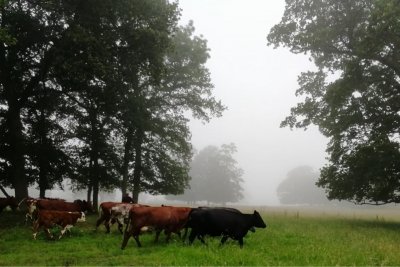 Cows moved to fresh pasture. Credit: Vicki Hird | Sustain
Cows moved to fresh pasture. Credit: Vicki Hird | Sustain